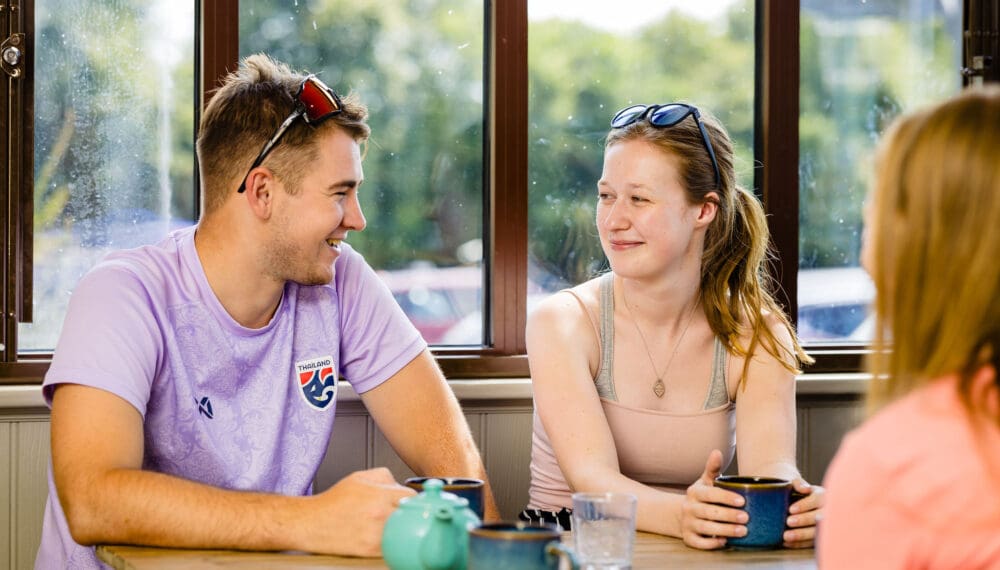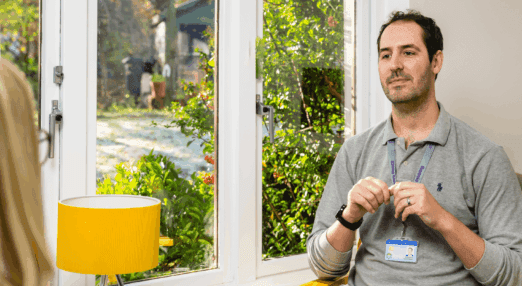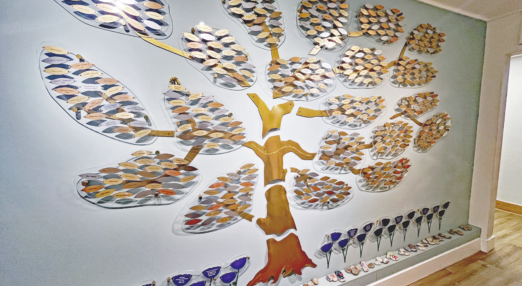Helping children understand grief

Make sure you have enough support for yourself
Make sure that the nursery, school or college is aware of what has happened, as they may be able to offer support.
Children 0–11 years
- Try to continue with regular activities as far as possible. This can help children feel secure
- Children often see death as reversible and temporary
- Talk to your child in simple, straightforward language
- Try to avoid using terms like ‘lost’ or ‘passed away’, which can be confusing.
- Answer questions honestly. It’s okay not to have all the answers
- Give lots of reassurance about how much they are loved and cared for
- Encourage children to talk about how they are feeling
- Use books and stories written with them in mind
Young people 12 years +
- They may need to grieve privately, and be reluctant to display their true feelings
- Young people sometimes take their lead from the way adults around them behave; joining in rather than sharing their own thoughts
- Some young people may act out their feelings or channel them into more risk-taking behaviour such as aggression or self-harming in private
- Others become more withdrawn, finding it hard to remember or talk about the person who died
Try to provide firm but flexible boundaries. If you are concerned, contact your GP or other professional agencies.
Useful websites for bereaved children and young people
You may also be interested in
-

Bereavement support
When grief becomes overwhelming, you don’t have to face it alone. Our team will help you process your emotions, providing comfort and kindness during difficult times.
Read more
-

Memory Tree
Make a dedication in memory of a loved one.
Read more
-

Remember a loved one
Celebrate the life, memories, and legacy of a loved one by creating an online Forever Loved tribute page.
Read more




